
Getting Familiar with the Symptoms of Parkinson’s Disease
11 Jul, 2022
 Healthtrip Team
Healthtrip TeamOverview
While many people dismiss wobbly or trembling hands as a sign of old age, medical experts now warn that this could be an early indicator of Parkinson's disease. According to one study, 7 million elderly people in India had Parkinson's disease. Here we’ve discussed the early manifestation of Parkinson’s disease along with the possible risk factors related to it. So that you can be aware of such a condition and take the necessary steps to slow down its progression.
Understanding Parkinson's disease
Parkinson's disease (PD) is a common degenerative disorder of the central nervous system in which dopamine-generating cells degenerate, resulting in muscle function loss, tremors, rigidity, slow movement, and decreased balance.
Transform Your Beauty, Boost Your Confidence
Find the right cosmetic procedure for your needs.

We specialize in a wide range of cosmetic procedures

Also, Read - 20 Things You Can Expect After Brain Surgery
What are the early Symptoms of Parkinson’s disease?
There are numerous symptoms associated with Parkinson's disease, but motor symptoms are more evident and common in patients with the disease.
Among the many symptoms, the most common are:
- Tremor or trembling in the patient's body,
- Rigid or stiff muscles,
- Poor posture or balance,
- Slow movement,
- Difficulty coordinating with any type of movement,
- Changes in speech and writing (becoming slower while speaking or writing or even stammering).
A person with Parkinson's disease may also exhibit non-motor symptoms such as anxiety, depression, sleep issues such as insomnia, constipation, weight loss, and fatigue in addition to motor symptoms.
Although these are frequent symptoms of Parkinson's disease, it is crucial to remember that they might differ from person to person.
Also, Read - 10 Best Brain Tumor Surgery Hospitals in India
Most popular procedures in India
Atrial septal defect
Upto 80% off
90% Rated
Satisfactory
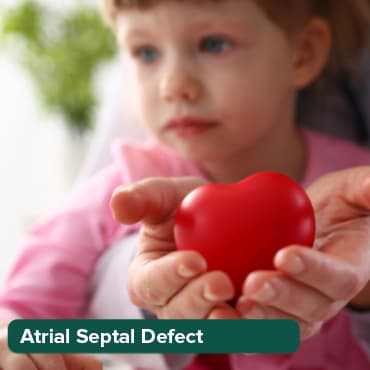
Coronary Angiogram a
Upto 80% off
90% Rated
Satisfactory
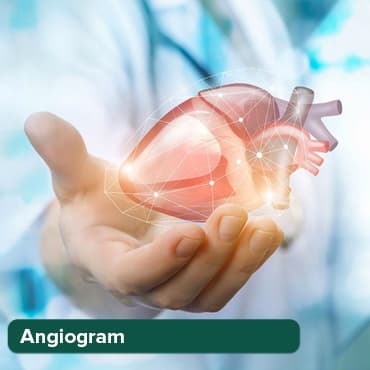
Coronary Angiogram C
Upto 80% off
90% Rated
Satisfactory
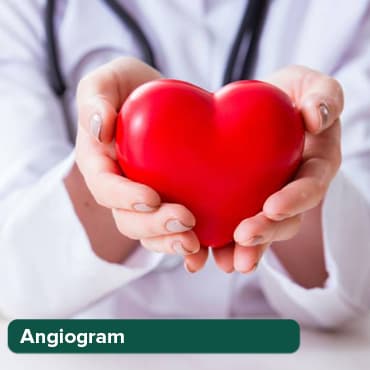
Liver Transplant
Upto 80% off
90% Rated
Satisfactory
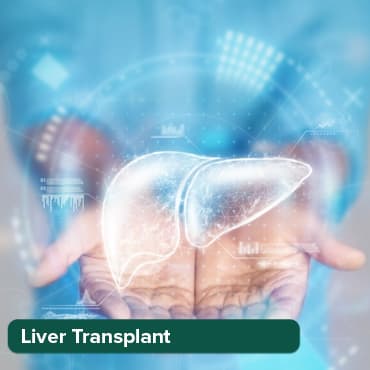
Total Hip Replacemen
Upto 80% off
90% Rated
Satisfactory
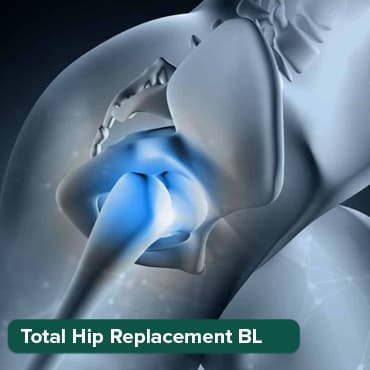
Risk factors associated with Parkinson’s
The specific causes of Parkinson's disease are still unknown. Repeated head injuries, poor diet, severe exposure to pesticides, and sedentary lifestyles can be considered as risk factors for developing Parkinson's.
Treatment options available for Parkinson’s patients
Parkinson's disease is incurable, but medications can help with symptom management. In an extreme case, your doctor may recommend surgery like deep brain stimulation surgery.
Your doctor may recommend a healthy lifestyle, physical therapy for balance and stretching, and a referral to a speech-language pathologist to remediate speech issues.
Although this operation will not cure your disease, it may help decrease the symptoms you’re suffering from.
Can diet and lifestyle changes help with fighting Parkinson’s disease?
As per our expert doctors, changing your lifestyle can make it simpler to manage Parkinson's disease.
The following are the ways that you can include them in your daily routine.
- Consume high-fiber foods and drink enough water to avoid constipation, which is frequent in Parkinson's disease. A well-balanced diet rich in omega-3 fatty acids has also been shown to be advantageous.
- Exercising improves physical strength, and balance, and lowers depression and anxiety. However, measures must be taken while exercising, and this should be done under the supervision of your trainer.
- One of the signs of Parkinson's disease is difficulty with balance. In later stages, an individual is prone to falling off easily, even with a small push. That’s why an individual must avoid carrying items while walking, doing a U-turn, or walking backward.
In recent times, the prevalence of Parkinson’s disease in India has increased to 300-400 people per lakh of the population. As per the healthcare advisors in India, the reasons could include stress, genetics, and poor quality of life.
Following the above-mentioned tips will help in reducing the incidence of Parkinson's disease in India.
Also, Read - Craniotomy Surgery Procedure, Recovery Time
How can we help with the treatment of Parkinson’s disease ?
If you are in search of deep brain stimulation treatment in India, we will serve as your guide throughout your medical treatment and will be physically present with you even before it begins. The following will be provided to you:
- Opinions of expert physicians and surgeons
- Transparent communication
- Coordinated care
- Prior appointment with specialists
- Assistance with hospital formalities
- 24*7 availability
- Arrangements for travel
- Assistance for accommodation and healthy recovery
- Assistance in emergencies
Our team is dedicated to offering the highest quality health trip and comprehensive care to our patients. At Healthtrip, we have a team of highly qualified and devoted health professionals that will be by your side from the beginning of your journey.
Wellness Treatment
Give yourself the time to relax
Lowest Prices Guaranteed!

Lowest Prices Guaranteed!




